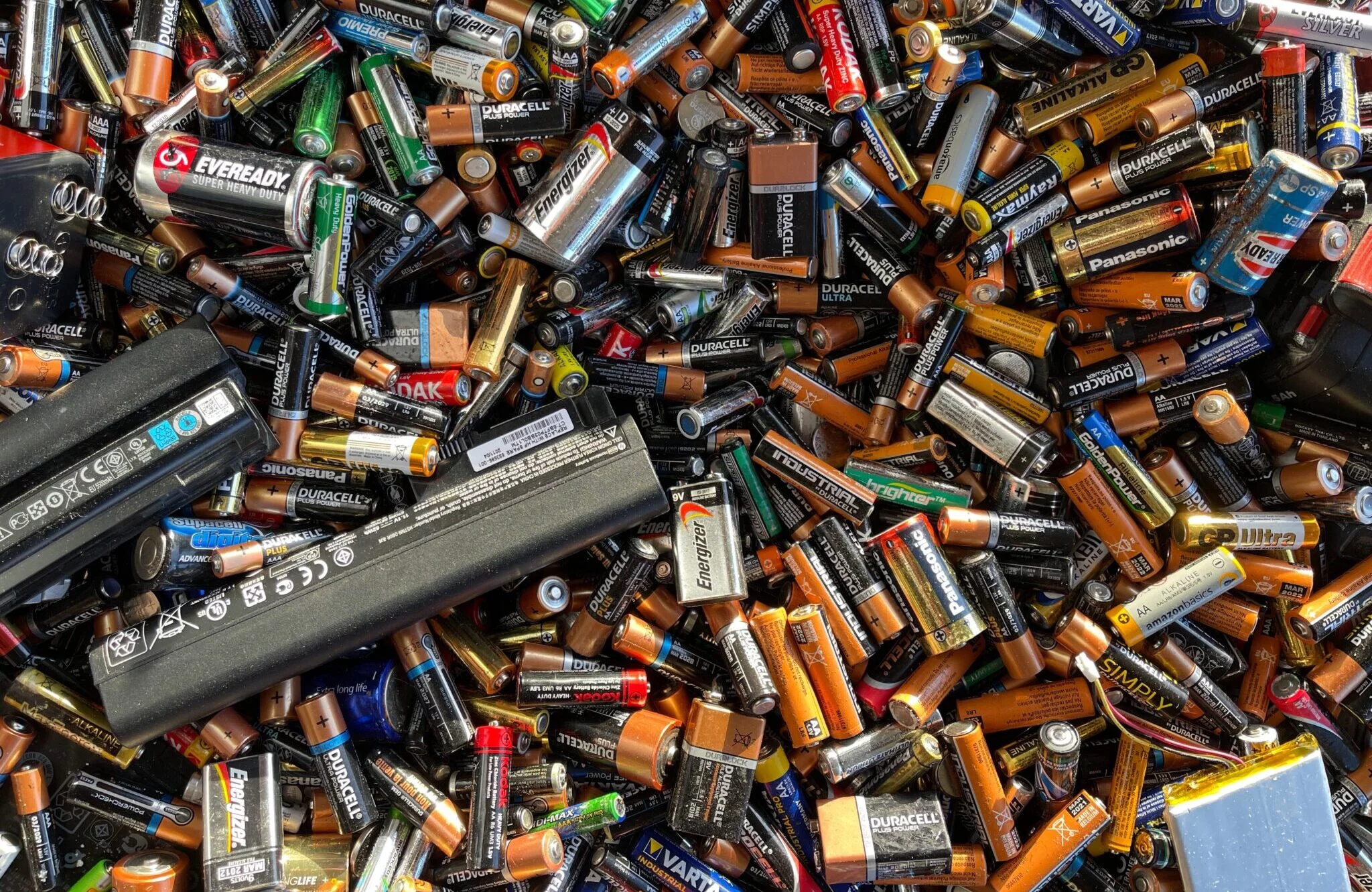EPR battery Scheme : new approvals to boost collection and recycling

New approvals for the 2025-2031 period
The French Ministry of Ecological Transition has officially renewed the approvals of the eco-organizations in charge of the Batteries and AccumulatorsEPR Scheme for the period 2025-2031. These players will be responsible for :
- Organize the collection of used batteries (portable, industrial, vehicle...);
- Financing their treatment and recycling;
- Support the development of a competitive French and European industrial Scheme .
This new phase comes at a time when the European "Batteries" Directive (2023) will impose stricter targets in terms of collection rates, recycled content and traceability.
A strategic challenge: capturing volumes of used batteries
Today, France collects less than half the portable batteries placed on the market, far from the European targets of 63% by 2027 and 73% by 2030.
The obstacles are well known:
- Difficulties in organizing collection outside waste collection centers;
- Lack of consumer awareness;
- Logistical complexity and high costs for distributors and producers.
For electric vehicle batteries, the problem is even more critical: volumes are exploding, and processing capacity in Europe remains insufficient.
Producer and distributor obligations
As in the other EPR sectors, it is the marketers (manufacturers, importers, distributors) who finance the scheme through their eco-contributions. In concrete terms, they must :
- Register with an approved eco-organization ;
- Declare the volumes of batteries placed on the market (by category: portable, industrial, vehicles);
- Pay the corresponding contributions, which are used to finance collection and recycling.
In the event of non-compliance, the risks are high: administrative sanctions, formal notice from ADEME, or even a marketing ban.
A batteryEPR Scheme set to expand
The European reform also introduces new obligations:
- Inclusion of minimum recycled content targets for new batteries;
- Enhanced traceability thanks to the "digital battery passport" ;
- Extended responsibility over the entire life cycle: from design to second-life reuse.
Companies therefore need to anticipate these future constraints, which will go far beyond the simple declaration of volumes.
CompliancR : manage your EPR battery obligations with ease
At CompliancR, we support producers and distributors in managing theEPR battery Scheme , thanks to a platform designed for simplicity and regulatory rigor. New scales are expected. As soon as they are officially received from the eco-organization, CompliancR will immediately integrate them into the platform and make them available to its users.
Our AI solution enables:
- Automatically identify the products concerned (cell phones, electronic products, toys, etc.);
- Calculate the exact eco-contributions according to the scales in force;
- Anticipate French and European regulatory changes.
At a time when batteries are becoming a key element in the energy transition, mastering your EPR obligations is a prerequisite for remaining competitive and credible.
Find out how CompliancR can help you turn EPR batteries into a lever for transparency and performance.